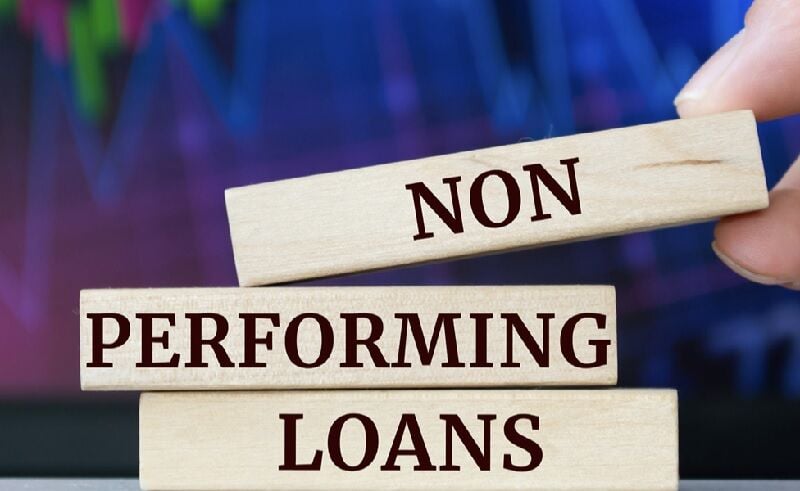Thai SME bank sees non-performing loans surge to 13%

Rising non-performing loans (NPLs) in the first seven months of this year have predominantly emerged from wholesale and retail sectors, as reported by the Small and Medium Enterprise Development Bank of Thailand (SME D Bank).
The Managing Director of SME D Bank, Phichit Mitrawong, attributed the increase to sluggish economic conditions, which have led to a contraction in consumer purchasing power, impacting domestic wholesale and retail sales.
By July, the bank’s NPLs had escalated to 13% of its total loan portfolio, which stands at 100 billion baht, translating to approximately 13 billion baht in NPLs.
This marks a significant rise from the end of last year when the NPL rate was at 8%. Loans to wholesale and retail businesses constitute about 40% of the bank’s loan portfolio, according to Phichit.
In the first seven months of this year, SME D Bank approved and extended loans amounting to roughly 30 billion baht in total.
The bank’s goal for this year is to extend a total of 70 billion baht in loans, Phichit confirmed.
Financial system
Phichit added that SME D Bank, being a state-owned financial institution, aims to bridge gaps in the financial system by assisting SMEs that might be unable to secure loans from commercial banks.
The bank’s mandate includes creating opportunities for SMEs to access loans while managing risk at an appropriate level.
Thailand currently has about 3.2 million SMEs and micro SMEs, broadly defined.
Phichit noted that if only businesses registered with the Commerce Ministry are considered, numbering around 400,000, approximately 90% are classified as SMEs, with the remaining being larger enterprises.
The Fiscal Policy Office under the Finance Ministry projected in April that the Thai economy would grow by 2.4% this year. Although this is an improvement from the 1.9% growth seen in 2023, the Finance Ministry still views it as below Thailand’s potential growth rate of 3.5%.
To support SMEs, the Finance Ministry has recently implemented several measures. These include the issuance of 100 billion baht in soft loans by Government Savings Bank, which are to be relented to commercial banks at an interest rate of 0.01%. These commercial banks, in turn, will lend to SMEs at a rate not exceeding 3.5%.
Loan programme
Additionally, the Thai Credit Guarantee Corporation introduced the PGS 11 loan guarantee programme with a guaranteed amount of 50 billion baht. The programme will guarantee up to 30% of the loan portfolio involved and will charge an average guarantee fee of no more than 1.75% for the entire programme.
Moreover, the Finance Ministry sanctioned an extension for the reduced contribution rate to the Specialised Financial Institutions Development Fund.
Typically, state financial institutions are required to contribute 0.25% of their total annual deposits to the fund. However, for 2024, this rate has been reduced to 0.125%. This marks the fifth consecutive year of reduced contribution rates following the pandemic, reported Bangkok Post.
Latest Thailand News
Follow The Thaiger on Google News:


























